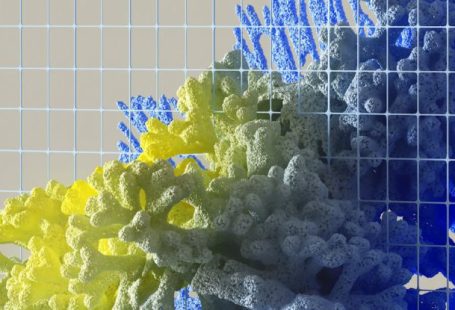Studying for exams can be a daunting task for many students, with the pressure to retain a vast amount of information in a short period of time. In the quest for effective study techniques, mind maps have emerged as a popular tool among students of all ages. But are mind maps truly useful for exam preparation? Let’s delve into the benefits of using mind maps and how they can enhance your study routine.
Enhanced Memory Retention
One of the key advantages of using mind maps for exam preparation is their ability to enhance memory retention. By visually organizing information in a structured and interconnected manner, mind maps engage both the left and right hemispheres of the brain, making it easier for the brain to process and store information. When you create a mind map, you are not just passively reading or listening to information; you are actively engaging with the material, which can lead to better retention and recall during exams.
Visual Representation of Information
Another benefit of mind maps is their ability to provide a visual representation of complex information. Instead of sifting through pages of notes or textbooks, a mind map condenses key concepts into a concise and visually appealing format. This visual representation can help you grasp the relationships between different ideas, making it easier to understand and remember the material. Additionally, the use of colors, images, and symbols in mind maps can further enhance memory retention and make studying more engaging and enjoyable.
Improved Organization and Structure
When preparing for exams, it is crucial to have a well-organized study plan to ensure that you cover all the necessary topics. Mind maps excel in this aspect by allowing you to create a clear and structured overview of the material you need to study. By breaking down complex topics into smaller, manageable chunks, mind maps help you see the big picture while also focusing on the details. This organizational aspect can prevent you from feeling overwhelmed by the sheer volume of information and enable you to study more effectively and efficiently.
Enhanced Creativity and Critical Thinking
Mind maps are not just about memorizing facts; they also promote creativity and critical thinking. When you create a mind map, you are encouraged to make connections between different ideas, think critically about the relationships between concepts, and come up with innovative ways to represent information visually. This process of active engagement can stimulate your creativity and analytical skills, which are essential for answering exam questions that require you to think beyond rote memorization.
Effective Revision Tool
As exam day approaches, mind maps can serve as a valuable revision tool to consolidate your knowledge and ensure that you are well-prepared. By reviewing your mind maps, you can quickly refresh your memory on key concepts, identify any areas of weakness, and focus your study efforts on areas that require more attention. The visual nature of mind maps makes them ideal for quick revision sessions, allowing you to review large amounts of information in a short amount of time.
In conclusion, mind maps are indeed a useful tool for exam preparation, offering benefits such as enhanced memory retention, visual representation of information, improved organization and structure, enhanced creativity and critical thinking, and effective revision capabilities. By incorporating mind maps into your study routine, you can optimize your learning process, boost your exam performance, and approach exams with confidence. So, why not give mind maps a try and see how they can transform your study experience?





